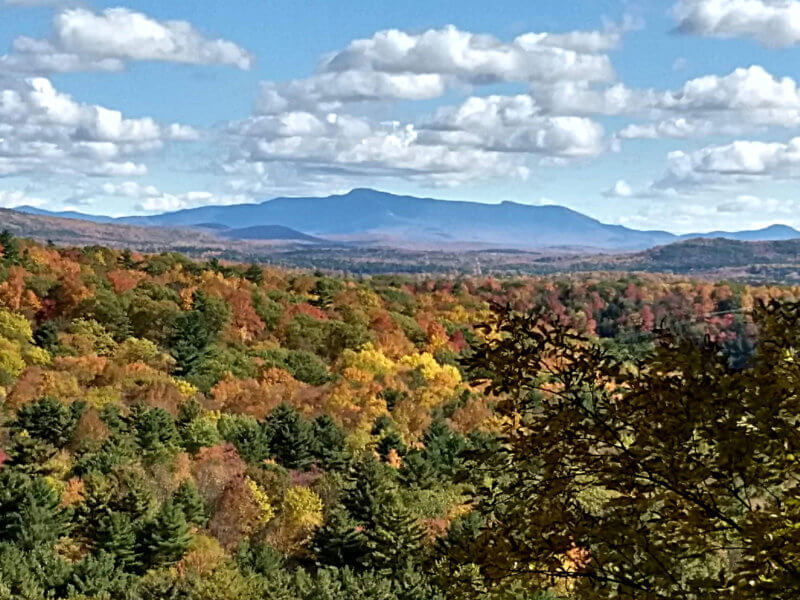As deadline approached, environmental bills scored big
As the Legislature hit the crossover date last week, House committees were busy finalizing work on the dozens of bills they had been working on since January.
The once-a-decade legislative reapportionment bill was finalized and passed, and the Charlotte-Hinesburg district, Chittenden 5, again contains all of Charlotte and a slightly larger portion of Hinesburg, running along the west side of Baldwin Road from the Monkton line to Burritt Road.

Among the many bills that passed and were sent on to the Senate, were several that touched on the environment and our efforts to address the climate change crisis. The Municipal Efficiency Resilience Initiative (H.518) passed unanimously to help municipalities assess the energy efficiency of their buildings and apply for grants to weatherize, reduce operation and maintenance costs, enhance comfort and reduce energy use by improving heating, cooling and ventilation systems.
The Clean Heat Standard bill (H.715) also passed with a strong 96 to 44 vote to help homeowners, renters and commercial properties reduce their dependence on fossil fuels for heating.
The Natural Resources, Fish and Wildlife Committee sponsored several important bills, including H.500, which prohibits the sale, starting in 2024, of four-foot linear fluorescent lamps in Vermont for which LEDs are available. All fluorescent lamps contain mercury and can create an immediate public health and environmental hazard when they accidentally break during installation, use, transportation, storage, recycling or disposal. Light-emitting diode (LED) replacements for fluorescent lamps do not contain any mercury.
Another bill, H.523, seeks to reduce hydrofluorocarbon emissions. Hydrofluorocarbons are potent greenhouse gases and enter the atmosphere as leakage from cooling systems. Products that contain hydrofluorocarbons for use in refrigeration systems and auto air conditioners are prohibited starting in 2024. Alternative refrigerant products are available.
Forests play an important role in Vermont’s working landscape and its tourist and recreation economy. Currently only actively managed forests are eligible for enrollment in the Use Value Appraisal (Current Use) program. Forests that exhibit old forest characteristics can provide unique contributions to biodiversity, contribute to the climate resilience and adaptive capacity of Vermont’s working landscape, and serve as ecological benchmarks against which to measure active management of Vermont’s forests. The House passed H.697. which creates a pilot program to extend eligibility for current use for forest parcels that are left wild and meet certain criteria with the approval of the commissioner of Forests, Parks and Recreation.
This forest program will complement nicely another bill, H.606, the Community Resilience and Biodiversity Protection Act. Nature is facing a catastrophic loss of biodiversity, both globally and locally. In addition to its intrinsic value, biodiversity is essential to human survival. According to the United Nations, one million species of plants and animals are threatened with extinction, and human activity has altered almost 75 percent of the Earth’s surface, squeezing wildlife and nature into ever-smaller natural areas of the planet.
The health of ecosystems on which humans and all other species depend is deteriorating more rapidly than ever, affecting the very foundations of economies, livelihoods, food security, health and quality of life worldwide. The causes of the drivers of changes in nature rank as: (1) changes in land and sea use, (2) direct exploitation of organisms, (3) climate change, (4) pollution, and (5) invasive species.
According to the Nature Conservancy, Vermont plays a key role in the conservation of biodiversity regionally. H.606 sets a goal of conserving 30 percent of Vermont’s total land area by 2030 and 50 percent by 2050, including state, federal, municipal and private land. It requires the Agency of Natural Resources to develop a plan by the end of 2023 with public input from all stakeholders.
These bills and many others now move to the Senate.
As always, I welcome your emails or phone calls (802-233-5238). This article and others can be found at my website.

